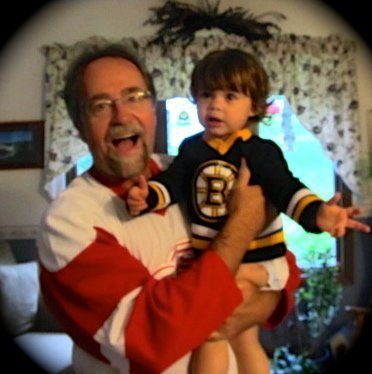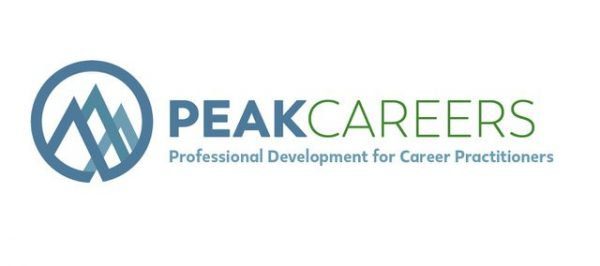So your career is winding down after working for 30+ years and you are thinking about ‘Where do I want to spend my time’? Good.
But thinking about it is only a start, you really should make a plan and begin the processing of making value decisions. Determine what is IMPORTANT to you first and then break it down into its parts.
- Is it time with your spouse? Children? Extended family? Friends? Alone?
- Is it community service? If so, what does “community service” mean to you?
- Is it how to use your leisure time? Does that mean traveling? If so, how often? Where?
- Is it about learning? What does that mean to you?
- Some kind of work? Part time? How much / often?
- Leaving a legacy?
After you clean your garage and the basement (which might take a year after neglecting things for awhile) you will have about 2080 hours that you USED to spend at work and now will spend it doing SOMETHING. Will it be I Love Lucy reruns? A couple of fishing trips? Regardless of what you decide to do, making a plan will improve it.

As you can see in my picture here, I want to spend my time with family and continue to play hockey, (I am wearing a Detroit Red Wing jersey and my granddaughter a Boston Bruin) but that simply cannot account for ALL my time. I need to figure out how much I want to continue to work, how much time I will volunteer in my community, travel, and stay health both physically and mentally. i.e. What is truly IMPORTANT to me?
This really does take some time. For many people they will simply NOT face this issue until it is dropped onto their laps and realize that the hectic life they led for so many years working full time actually filled some needs, like socializing, friendships, use of energy and skills, and much more.
As I questioned some friends of mine who are all facing this issue in the near future, it was amazing to me the wide range of thinking and non-thinking they had done.
My carpenter friend said, “I’ll still make things but I won’t have to be building houses and finding out where the next one will come from. I plan to do more camping, fishing, and leisure for sure“.
My recently retired faculty member friend was struggling with ‘feeling like I should do community service, but I don’t want to be locked into being somewhere at a specific time”. As we explored what he was already doing, we discovered that he was already DOING community service by raising chickens and giving dozens of eggs to the local food pantry. He had not viewed all the work he was doing on his farm as community service even though he spent many hours each week on producing eggs for the food pantry. It was a huge relief and actually gave him a better attitude when cleaning out the chicken poop 🙂
Another friend said simply, “I can’t retire until I am 70.” (which is less than a decade away for him). But that was it. Can NOT do it till I am 70 due to money issues, so I am not going to think about this now. After some discussion and the realization that he will have 2080 more hours each year to find something to do, I could see him pause. Hmmmmm…….that’s a lot of hours. One thing we discussed is how money factors in on his travel and leisure ideas, but I challenged him on what does “travel” mean to him? He already does lots of “travel” to northern Maine camping and fishing and an occasional trip to Quebec. Those are NOT that expensive. He’s still thinking about this, but at least he’s thinking about it.
Each of these people needed help reframing the future to some degree, some more than others. What have you done to plan your time?
———————————————
Note: This topic deserves more attention / discussion and will be the focus of future blogs.
Note 2: If you are a career practitioner and want to explore this topic further, check out this 5 week discussion-based online seminar on Reinventing Retirement.
Jim Peacock is the Principal at Peak-Careers Consulting and writes a monthly newsletter for career practitioners. Peak-Careers offers discussion-based online seminars for career practitioners focused on meeting continuing education needs for CCSP, GCDF and BCC certified professionals as well as workshops for career practitioners and individual career coaching.
Sign up here to receive my TOP 10 TIPS WHEN WORKING WITH AN UNDECIDED PERSON. You can also receive the career practitioners newsletter which includes a variety of career topics, industry news, interesting events, and more.



Retired people typically want control, purpose, and valued. These issues and the issues discussed in this article are why I spent the last two years researching and developing MyMentorAdvisor.com. It offers a way for people with years of experience and expertise the ability to connect with people that have a need or interest. People registered as Mentor/Advisors control who they work with, how they will communicate, when they willIf communicate, and if they will be compensated for their time. People reaching out to Mentor/Advisors have the opportunity to connect with people that have “Been there done that!”
In my work with boomers who are transitioning to different work, I find that it can be challenging to locate employers who have non-traditional opportunities for them. With the looming labor shortage, I hope employers will begin to institute retention programs for boomers to lessen the talent drain that’s on our doorstep.
We work with individuals who are trying to stay active but it makes me wonder if Maine Career Development Association and National CDA should be working on businesses to enlighten them on the benefits of retaining or reaching out to people with 40+ years experience.
How the heck do we do this?